Effective Water Treatment Scheduling
Water treatments are essential processes that improve water quality for various uses, including drinking, industrial applications, and irrigation. Proper timing of water treatments ensures optimal effectiveness and resource management. Understanding the best times to perform these treatments can lead to better water quality and system longevity.
Adjusting treatment schedules based on seasonal changes helps address temperature fluctuations and water demand variations.
Regular testing identifies the ideal times for treatment, especially during periods of increased contamination risk.
Performing treatments before peak usage seasons can prevent issues, while post-season treatments help restore water systems.
Rainfall and temperature influence water quality, making timing adjustments necessary for effective treatment.

Equipment performing filtration and chemical treatment processes.
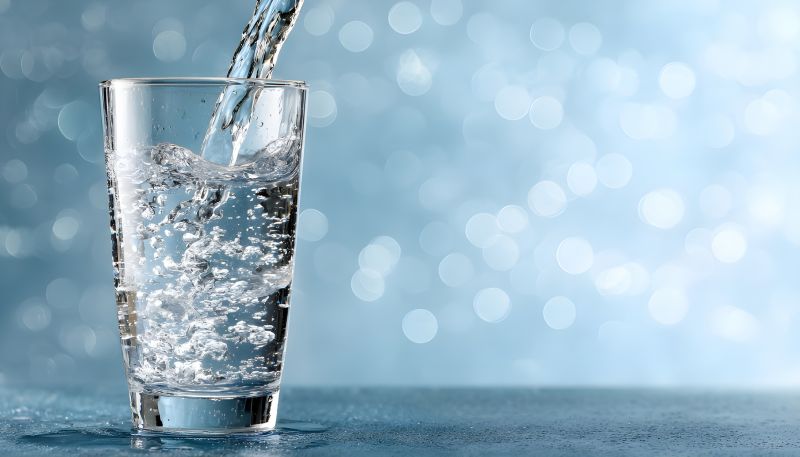
Samples being analyzed to determine water quality and treatment needs.

Application of disinfectants and coagulants during treatment.

Ways to make Water Treatments work in tight or awkward layouts.
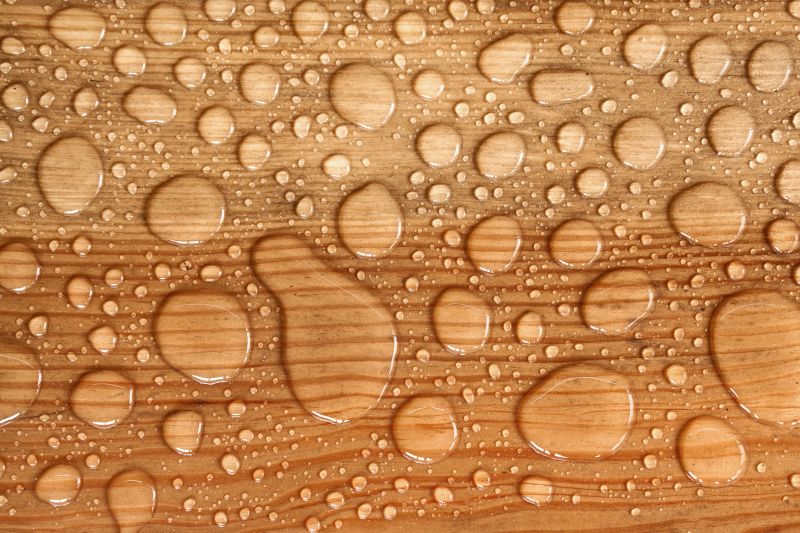
Popular materials for Water Treatments and why they hold up over time.
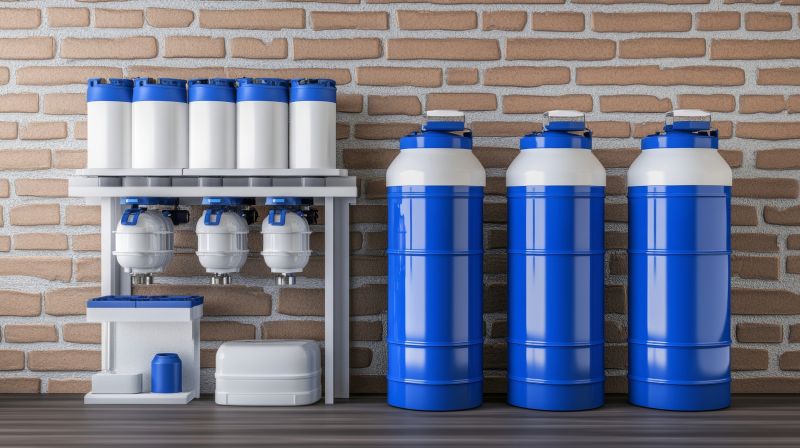
Simple add-ons that improve Water Treatments without blowing the budget.
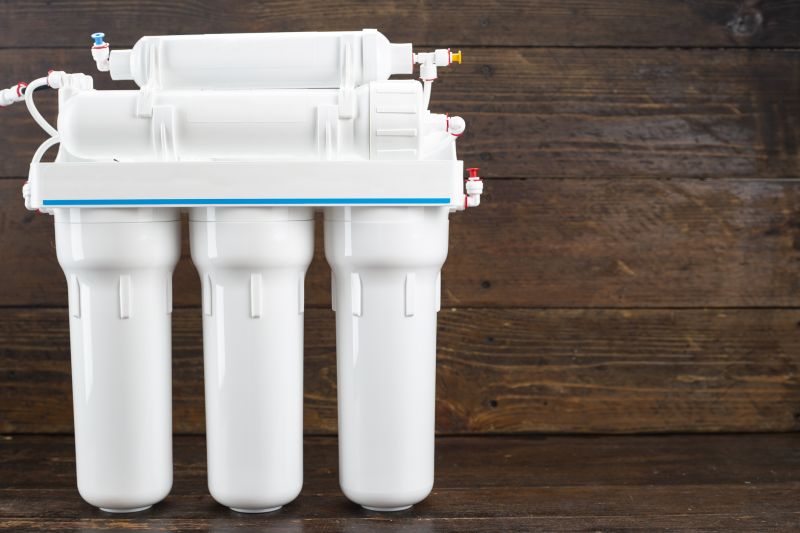
High-end options that actually feel worth it for Water Treatments.
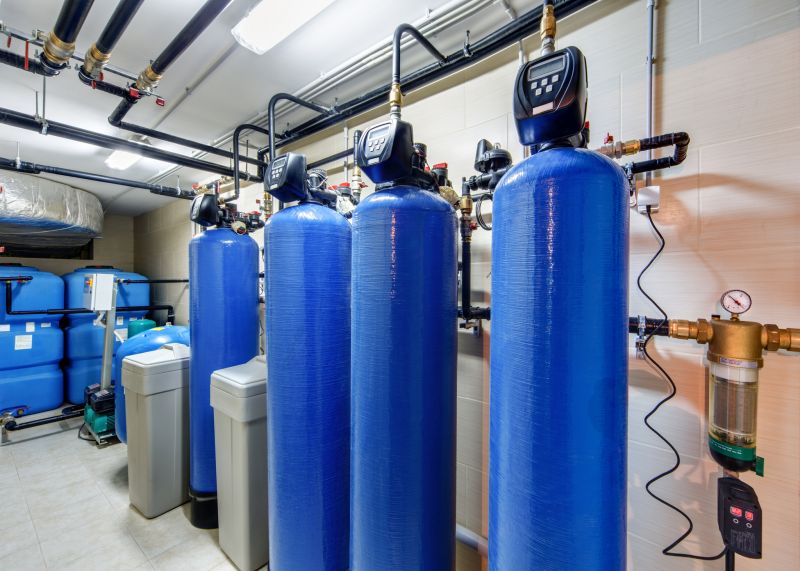
Finishes and colors that play nicely with Water Treatments.
| Best Time for Water Treatments | Key Considerations |
|---|---|
| Spring | Prepares water systems for increased usage and algae growth. |
| Summer | Addresses higher temperatures and potential bacterial growth. |
| Fall | Prepares for winter and reduces buildup from summer. |
| Winter | Ensures water remains clear and prevents freezing damage. |
| After heavy rainfall | Removes contaminants introduced by runoff. |
| Before peak demand periods | Ensures water quality during high usage times. |
Water treatments are vital for maintaining water quality and safety. Proper timing considers seasonal changes, weather conditions, and water usage patterns. Regular monitoring and adjusting treatment schedules can optimize results and ensure consistent water quality across different periods.
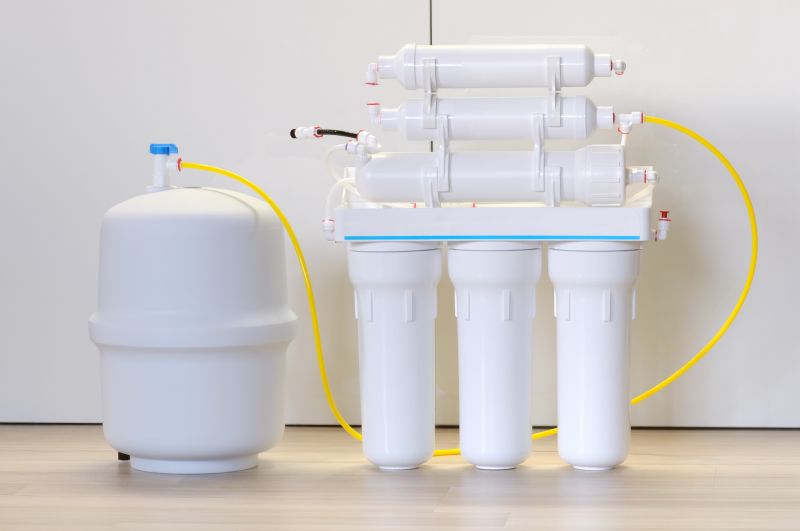
Various components like filters, chlorinators, and UV sterilizers.
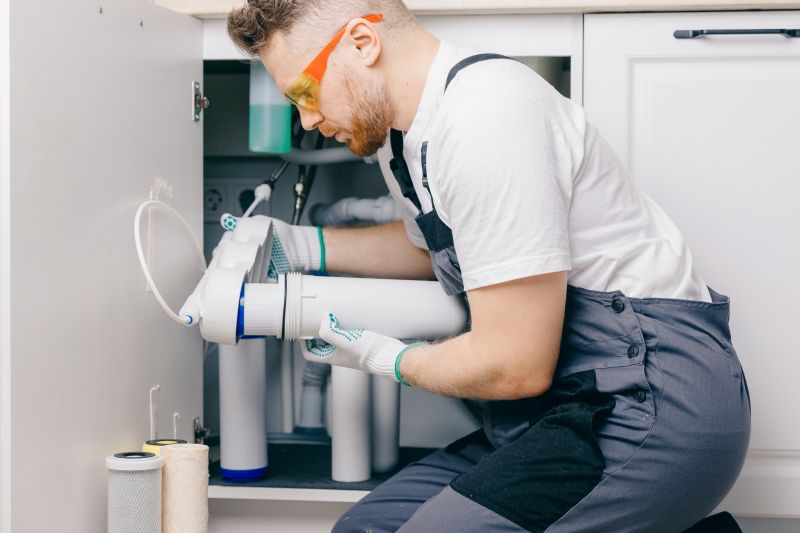
Technicians analyzing samples for contaminants.
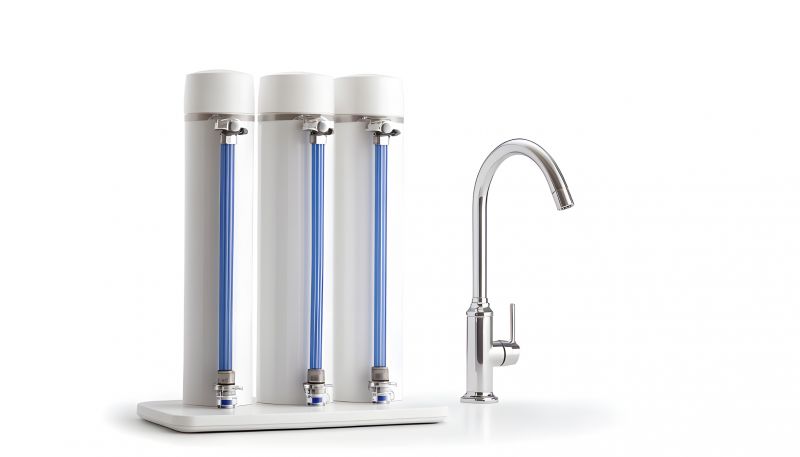
Disinfectants being added to water systems.
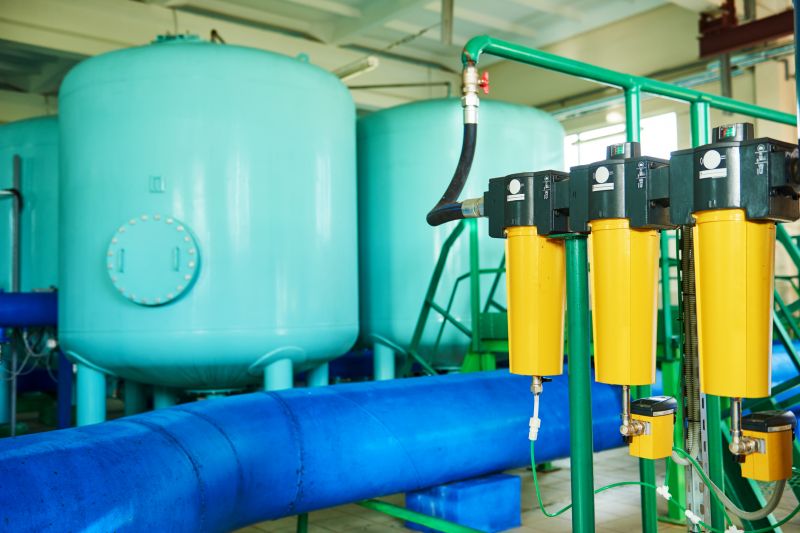
Facility where water treatment processes occur.
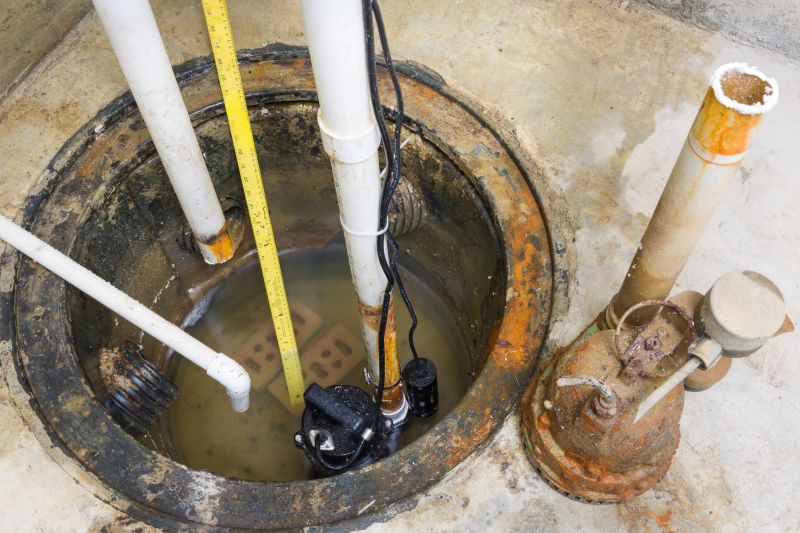
Little measurements that prevent headaches on Water Treatments day.
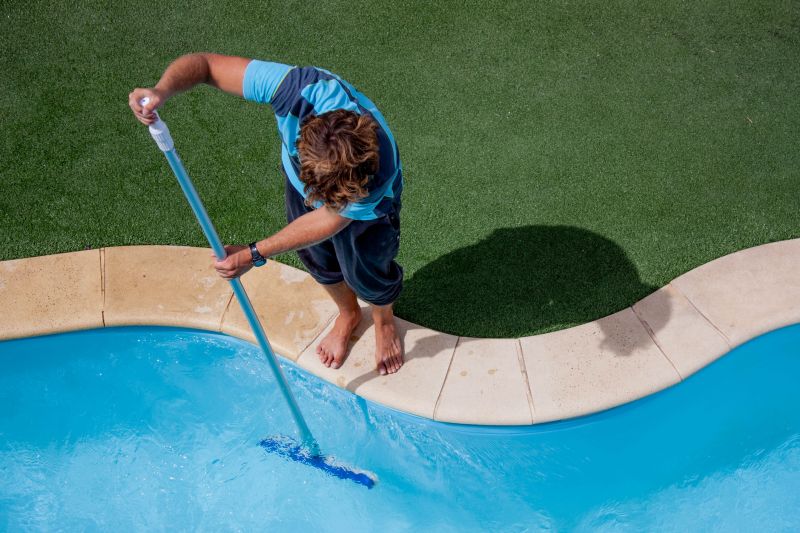
A 60-second routine that keeps Water Treatments looking new.
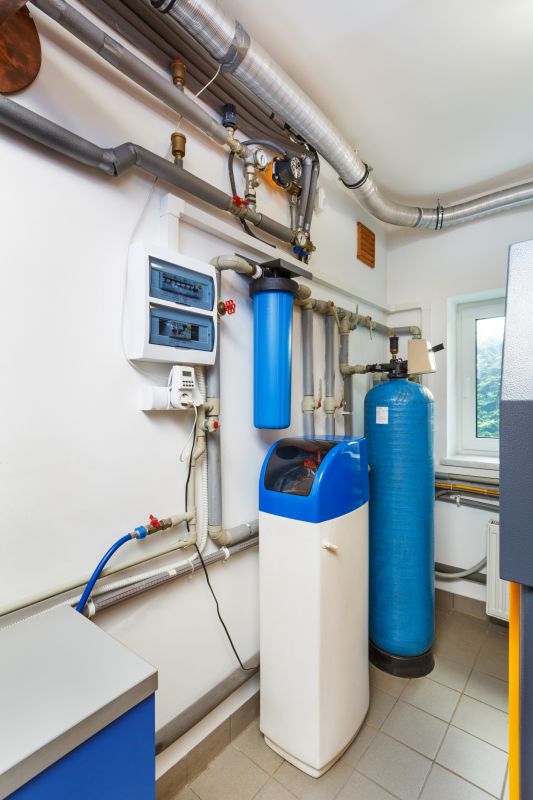
A frequent mistake in Water Treatments and how to dodge it.
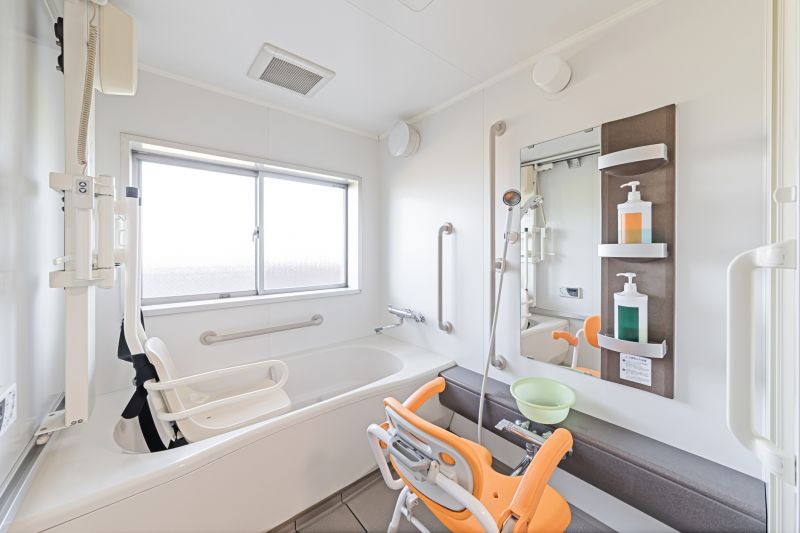
Small tweaks to make Water Treatments safer and easier to use.
Timely water treatments help prevent contamination, reduce maintenance costs, and ensure compliance with water quality standards. Proper planning and execution are essential for effective water management.
Interested in scheduling water treatments? Fill out the contact form for more information.

